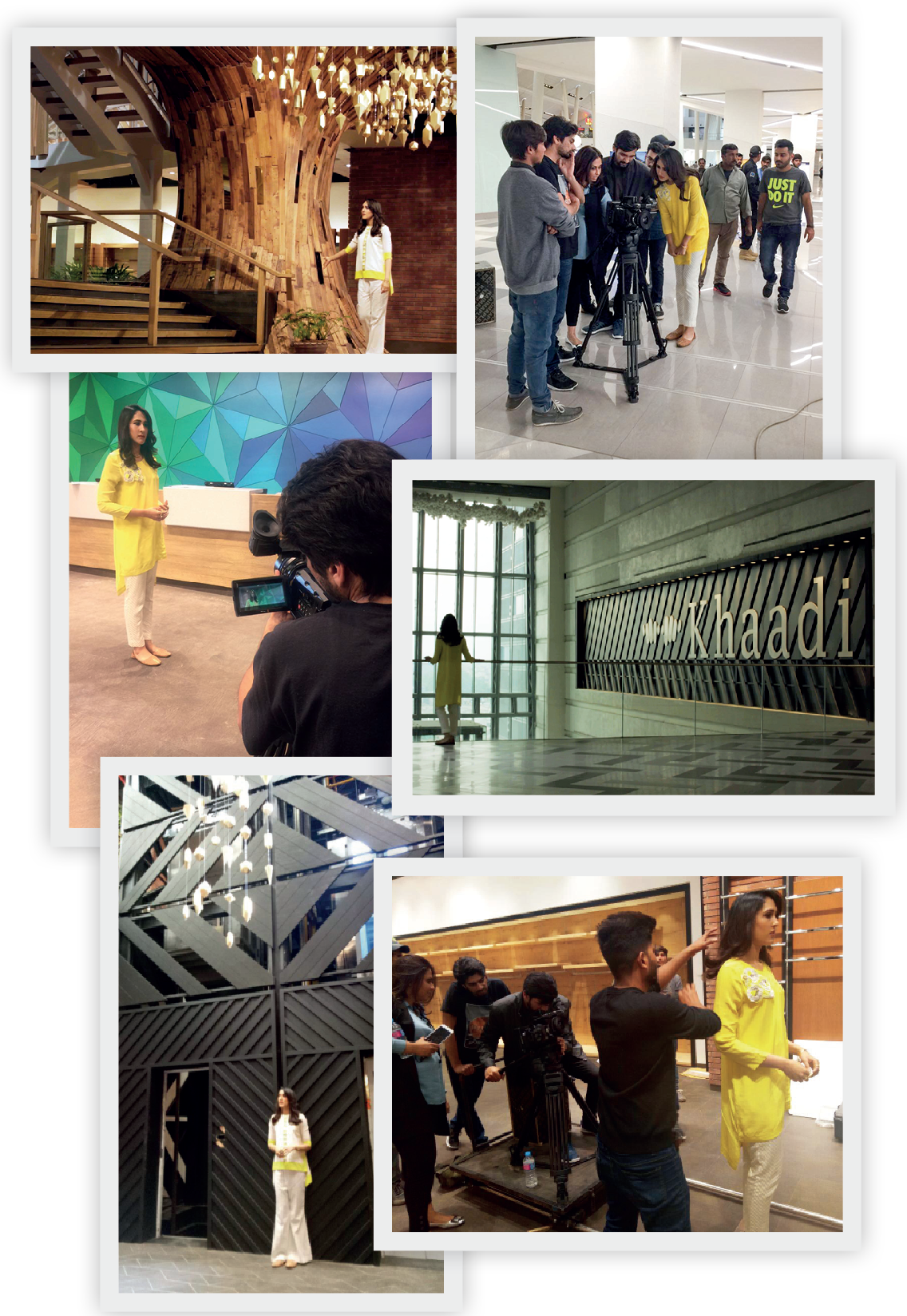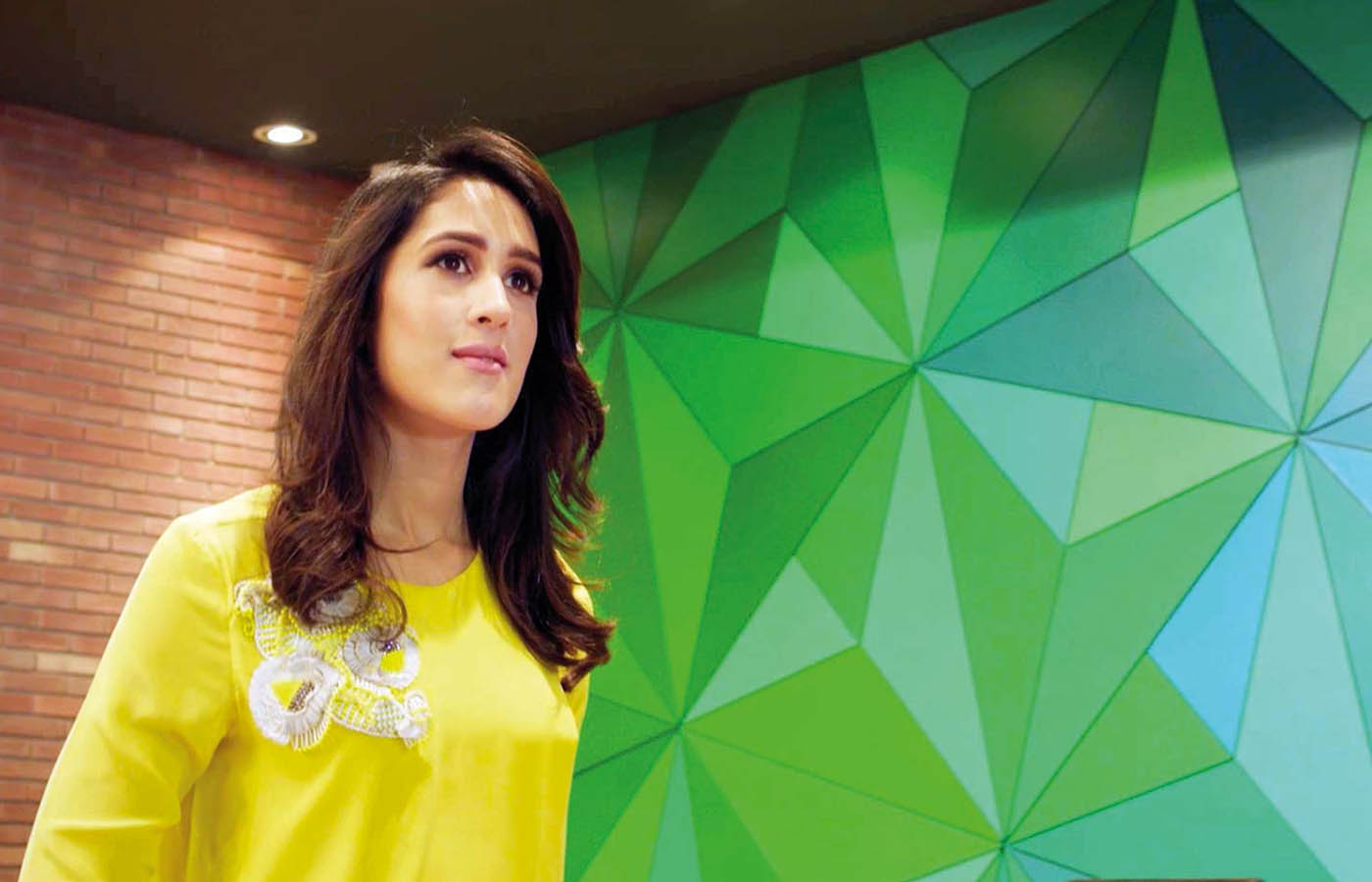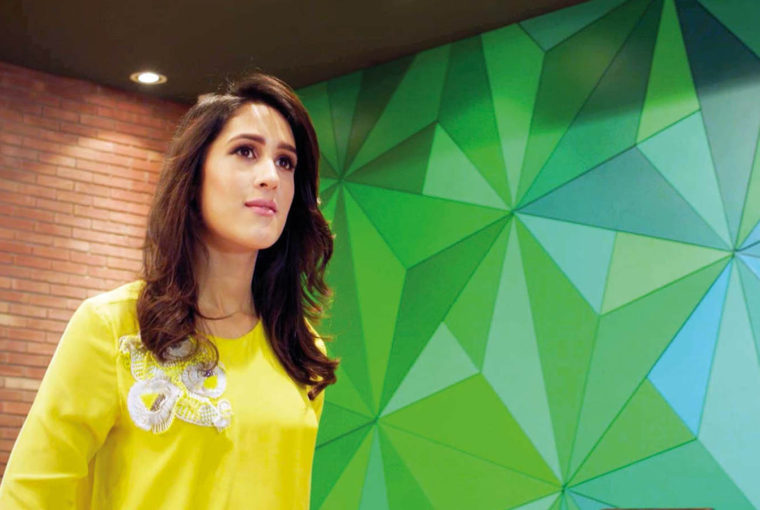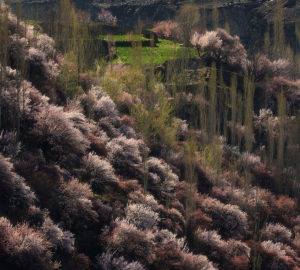I remember when Khaadi opened in Lahore. It was a modest little store, with its signature gunmetal hands curled over the plaque. I walked in; I browsed. I remember being struck by something: the clothes actually fit! Pret clothes were not supposed to fit. That was asking for too much. They were always large, unshapely, awkward. Khaadi’s shirts were structured, clean silhouettes of fabric that breathed, was nice to touch. This was a revelation. And a delicate little revolution, in hindsight, in pret wear in Pakistan. It’s not as if clothing boutiques didn’t exist before Khaadi came along. Khaadi stepped in and said: Here’s a nice print; and you can get a size that fits perfectly. Then Khaadi stepped in and said: Here are cotton tights in a million colours, have your pick! Then Khaadi stepped in and said: Here are some gorgeous cushions, do you fancy one? Then Khaadi stepped in and said: Oh we have sofas too, in traditional techniques that will knock the breath out of you. From bohemian to traditional to chic, Khaadi’s handwoven technique products have won the hearts of millions of women. I am one of them. These handwoven techniques provide greater employment opportunities for women in a labour-intensive economy. That women can earn their own livelihood — however small a sum it may be — goes a long way in promoting equality between the sexes.
Recently, I collaborated with Destinations to shoot a video of my exploration of the new Khaadi store in Emporium Mall. I was struck by the scale and ambition of the brand, and the choice, in particular, to make Lahore the site of the flagship store. In the making of the store, Khaadi enlisted the best architects and artists to create a complete visual scape, an experience customers can savour and relish. There is a large tree of caramel-coloured wood; a geometric bloom of purple on another wall. It’s not that these things are only and merely beautiful: they have been created to enhance the experience of visiting and browsing. The tree, in particular, reminded me of Nasir Kazmi’s poetry, whose verse is filled with the beauties and bounties of nature: trees, birds, seasons, the stars. It is clear reading Kazmi that nature is closest to his heart, and running my fingers over the wood of what I shall call The Khaadi Tree, I was transported to a gentler, simpler era, when our relationship with nature was not adversarial, but one of harmony.
One of Kazmi’s last interviews was conducted in a hospital bed in his native Lahore. At he end of the interview the poet grew wistful and requested that his salaam be paid to the trees and birds of the city.

In an ever-changing global environment, Khaadi straddles the space between tradition and modernity. The brand’s “globalism” — they have a store in London now — harks back to traditional designs (ethnic sofas and handbags) that first made the brand stand out. This ethos is a reminder, much like the tree, of where we belong and wherewe must return.
As you exit the store, a sign proclaims: Khaadi loves Pakistan. Looking at the profusion of Khaadi stores across Pakistani cities, it is safe to say that Pakistan — and Pakistani women, in particular — love Khaadi madly back.





